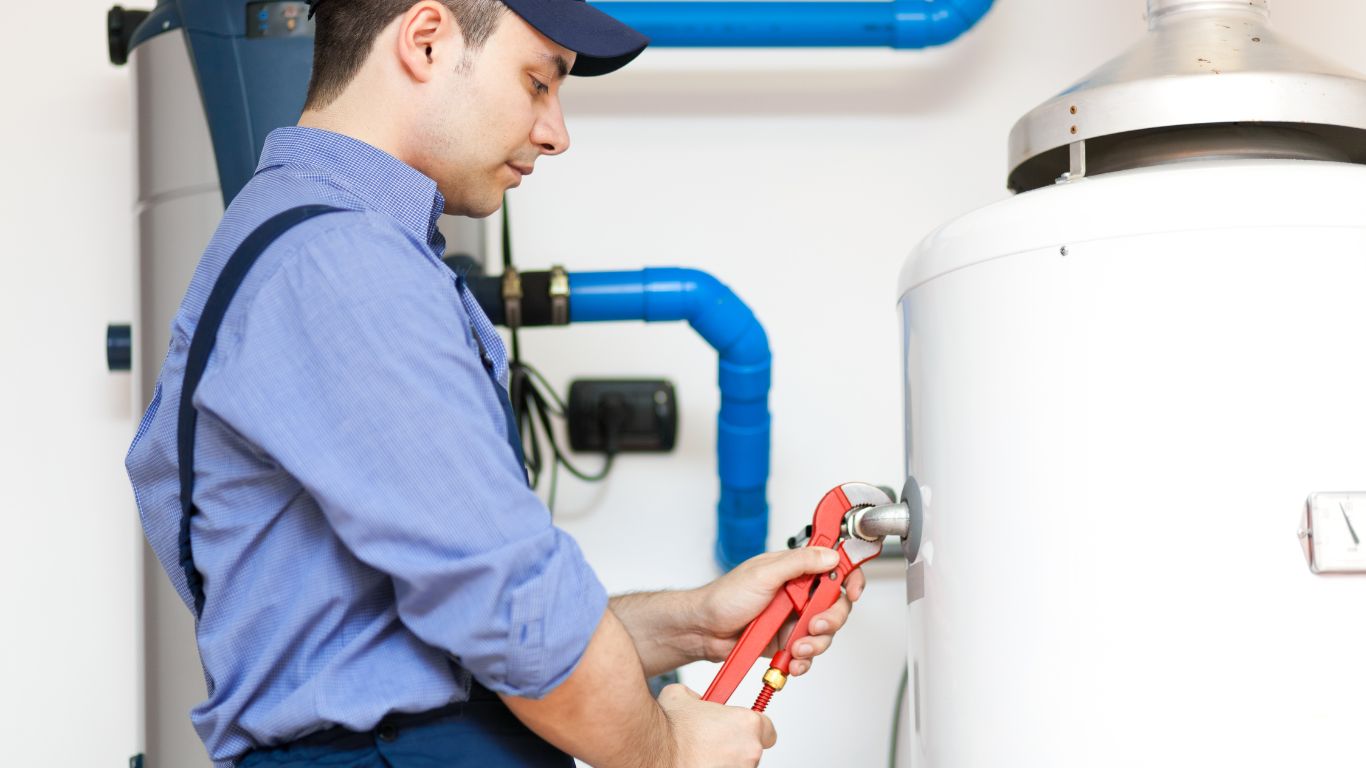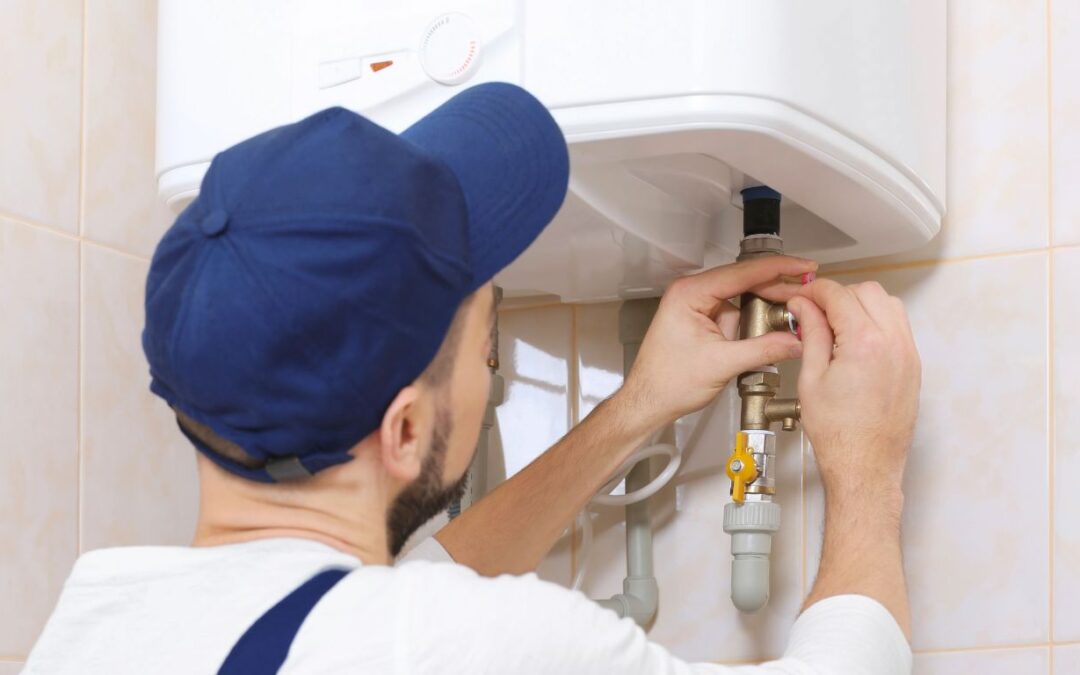Legal Responsibilities: What Landlords Need to Know
As a landlord in Durban, you are legally obligated to provide a safe and habitable dwelling for your tenants. This includes ensuring the gas geyser is in good working order and complies with safety standards. Here’s a breakdown of your key responsibilities:
- Installation and Compliance: All gas appliances, including geysers, must be installed by a qualified and registered gas installer. Upon installation, a Gas Compliance Certificate is issued, which is valid for five years. It’s the landlord’s responsibility to ensure a valid certificate is in place before a tenant occupies the property.
- Maintenance and Repairs: Landlords are generally responsible for the maintenance and repair of gas geysers, unless the damage is caused by tenant negligence or misuse. Regular servicing by a qualified gas technician is crucial to ensure safe and efficient operation.
- Carbon Monoxide Safety: Carbon monoxide (CO) is a colorless, odorless gas produced by incomplete combustion in gas appliances. Landlords must install CO detectors in properties with gas appliances and ensure they are in working order.
- Tenant Education: Tell tenants about the safe operation of the gas geyser, including proper ventilation and warning signs of potential problems. Provide contact information for emergency repairs and routine maintenance.
Choosing the Right Gas Geyser
Investing in a reliable and efficient gas geyser can save you money and hassle in the long run. Consider the following factors when choosing a geyser for your rental property:
- Capacity: Select a geyser with an appropriate capacity to meet the hot water needs of your tenants. Factors to consider include the number of occupants and the number of bathrooms.
- Energy Efficiency: Look for geysers with high energy efficiency ratings to minimize running costs for both you and your tenants.
- Brand Reputation: Choose reputable brands known for reliability and durability. Some popular brands in Durban include Kexin, Paloma, and Rinnai.
- Maintenance Requirements: Inquire about the recommended maintenance schedule and the availability of spare parts.
Gas geyser Maintenance
Regular maintenance is essential to prevent costly repairs and ensure the longevity of your gas geyser. Here are some preventative measures to implement:
- Annual Service: Schedule a professional service by a qualified gas technician at least once a year. This includes checking the gas pressure, burner, flue, and safety devices.
- Visual Inspections: Regularly inspect the geyser for any signs of corrosion, leaks, or damage. Check the flue for any obstructions that could impede proper ventilation.
- Water Quality: Durban’s water quality can vary. Consider installing a water filter to prevent sediment buildup, which can affect the geyser’s efficiency.
- Ventilation: Ensure adequate ventilation in the area where the geyser is installed. This helps prevent the buildup of carbon monoxide and ensures proper combustion.
Handling Tenant Geyser Issues
- Prompt Response: Respond to tenant complaints promptly and professionally.
- Assess the Situation: Determine the nature of the problem. Is it a minor issue the tenant can resolve, or does it require professional intervention?
- Qualified Technicians: Always use qualified and registered gas technicians for repairs and maintenance.
- Communication: Keep tenants informed about the repair process and estimated timelines.
- Documentation: Maintain records of all repairs, maintenance, and gas compliance certificates.
Gas Geyser Compliance Certificates in Durban
To obtain a Gas Compliance Certificate in Durban, you’ll need to hire a registered gas installer. They will inspect the installation and ensure it meets the safety requirements outlined in the SANS 10106 standard. Here’s what the inspection typically covers:
- Gas Pipework: Checking for leaks, corrosion, and proper installation.
- Geyser Installation: Ensuring the geyser is installed correctly and securely.
- Ventilation: Verifying adequate ventilation to prevent carbon monoxide buildup.
- Safety Devices: Testing safety devices like flame failure devices and over-pressure valves.

1. How much does gas geyser maintenance typically cost in Durban?
It's tricky to give an exact price without knowing the specifics of your geyser and its needs. The cost of gas geyser maintenance in Durban will depend on a few things
- The type of geyser you have: Different models have different service requirements.
- What the service involves: A basic check-up will be more affordable than a complex repair.
- The technician's rates: Experienced and certified technicians may have higher rates.
2. What are the signs that my gas geyser is unsafe?
Keep and eye out
- Smell of gas: This is a serious red flag! If you detect a rotten egg odor, evacuate your home immediately and contact a qualified gas technician.
- Strange noises: Unusual banging, whistling, or rumbling sounds from your geyser could indicate problems.
- Inconsistent hot water: Fluctuating water temperatures or no hot water at all can signal a malfunction.
- Yellow or orange flames: A healthy gas burner should have a blue flame. Yellow or orange flames indicate incomplete combustion, which can be dangerous.
- Soot or carbon monoxide: Black soot around the appliance or symptoms of carbon monoxide poisoning (headaches, dizziness, nausea) require immediate attention.
3. How often should I have my gas geyser serviced to ensure it's safe?
We recommend an annual service to keep your gas geyser running safely and efficiently. Regular maintenance helps prevent potential problems and makes sure the geyser lasts a long timne. Think of it like a car service – some preventative care goes a long way!
4. What is the most expensive part of gas geyser maintenance?
Typically, the most expensive part of a service is replacing faulty components. However, regular maintenance can actually help prevent costly breakdowns by identifying and addressing minor issues before they become major problems.


Recent Comments